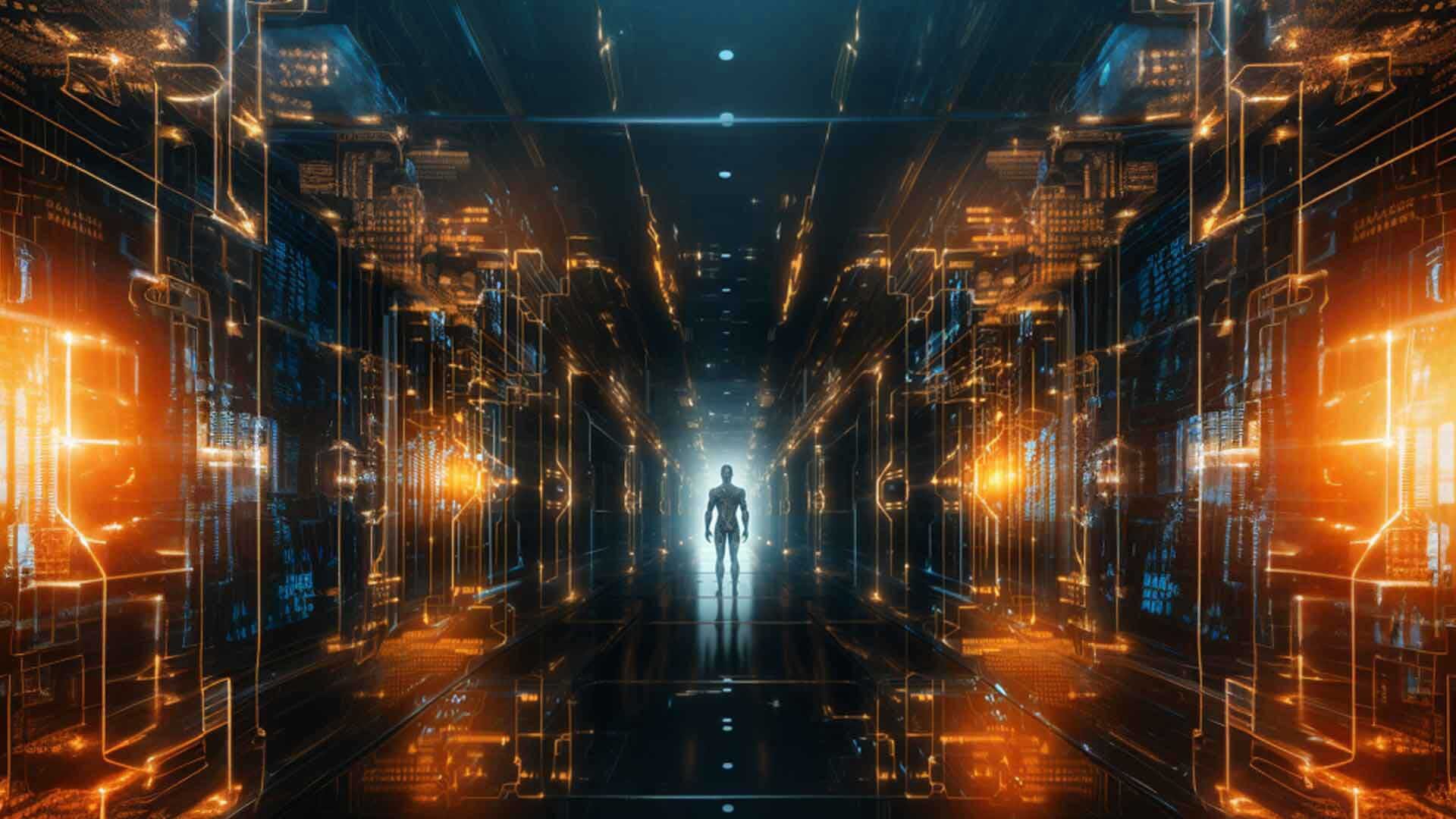Discussion on the Inflection Point in Artificial Intelligence and Its Implications for the Future
The realm of artificial intelligence (AI) has witnessed a significant surge in attention, particularly with the emergence of technologies like ChatGPT. However, a group of experts from Michigan sheds light on the longstanding presence of AI in various domains and delves into their outlook on its future trajectory.
AI transcends mere chatbots, as highlighted by Maggie Makar, an assistant professor specializing in computer science and engineering. Makar’s focus lies in constructing predictive models that emphasize causal relationships over mere correlations.
Joyce Chai, a professor in the same field, is engaged in developing robotic systems capable of comprehending and responding to natural language—a feat mirroring human conversational patterns.
Rada Mihalcea, the Janice M. Jenkins Collegiate Professor, directs her efforts towards tailoring AI to augment human labor, exemplified by a project offering feedback to counselors.
While AI harbors immense potential to streamline both physical and cognitive tasks, it also harbors inherent risks. Shobita Parthasarathy, heading the Science, Technology, and Public Policy Program, underscores how AI tends to internalize societal biases, potentially perpetuating them under the guise of objectivity. She stresses the necessity of regulatory frameworks to prevent biased AI from erecting barriers for marginalized communities.
Makar dismisses the notion of an apocalyptic scenario involving sentient machines and lethal robots, drawing attention to the tangible harm inflicted by AI algorithms fueling radicalization and social unrest on online platforms.
Nikola Banovic, an assistant professor, explores the essence of developing trustworthy AI and foresees AI’s integration into daily life akin to fossil fuels, posing challenges akin to curbing carbon emissions.
Michael Wellman, holding prestigious positions in computer science and engineering, underscores the inadequacy of existing laws calibrated for human actions in addressing AI-induced dilemmas. His recent testimony before the Senate Committee on Banking, Housing, and Urban Affairs underscores the pressing need to regulate algorithmic financial trading to deter AI from pursuing expedient yet illicit paths.
As AI’s capabilities and pervasiveness burgeon, a confluence of challenges awaits the field, regulatory bodies, and society at large, necessitating a proactive approach to navigate the evolving AI landscape.






